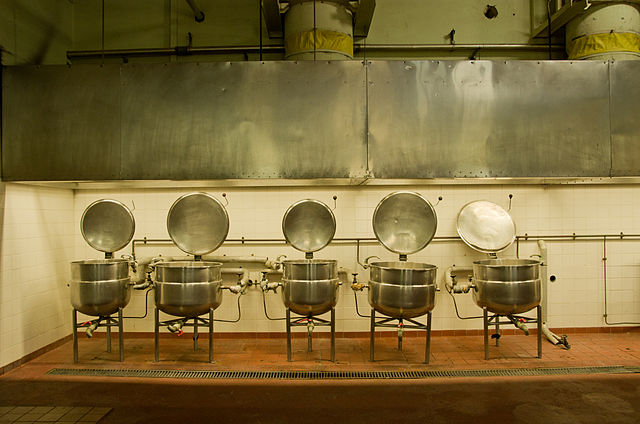According to W Radio, William Gacharná Castro offered details about what went on in the Model Prison of Bogota between 1999 and 2003 to the Special Jurisdiction for Peace (JEP), a transitional body created as a result of the 2016 peace agreement with the Revolutionary Armed Forces of Colombia People's Army (FARC) guerrilla.
The former director stated that paramilitaries, drug traffickers, and guerrilla groups really ran the prison and that he was just a spectator. During his testimony, he spoke about the tactics they used to make people disappear and how prison authorities never even investigated.
The gangs built tunnels both to escape and to use as mass graves to bury the corpses of murdered inmates, used hydrochloric acid, and allegedly cooked the bodies in the ranch's kettles until they fell apart.
There was even a small "business" run by the paramilitaries where meat products such as hamburgers and sausages were made from human flesh, he allegedly disclosed.
"Unfortunately, I admit, we did nothing," said William Gacharná Castro, according to W Radio.
The prison was never inspected during his tenure, and he did not even know how many prisoners it housed, which gave the paramilitaries a free hand to commit disappearances and escapes.
Control by the prison authorities was minimal, and the paramilitaries could act as they pleased, he said. Authorities would find out that a prisoner was missing only if he did not show up at court during proceedings.
Magistrate Roberto Vidal confirmed that the Special Jurisdiction for Peace (JEP) is going to immediately investigate the information revealed by the former director.
La Modelo prison has been in the public eye for several decades, not only because of prison disappearances but for various corruption scandals in which high-ranking officials have been involved.
"Organized criminal groups with high incomes and the capacity to exercise violence effectively emerge and consolidate in these scenarios, to which are added problems such as overcrowding that generates difficult living conditions for detainees," the Colombian Truth Commission stated in its analysis of the La Modelo Prison case.
"This problem was compounded by the commission of numerous crimes, corruption, and intimidation of authorities and state officials, and the lack of control over what is done inside the buildings," it said.

